
Yamato Co., Ltd. supports environmental protection and achieve further improvements in the environmental performance of our company.
Yamato Co., Ltd. is aware that global environment conservation is a common issue for all humanity.
So we have made following policy based on our commitments to support
environmental protection and to achieve further improvements in the environmental performance of our company.
We identify, manage and control our activities: manufacturing, processing and selling of stationeries
and industrial products, can impact the environment.
1. Throughout our activity, we support environmental protection and prevention of pollution.
2. We make compliance with environmental laws and regulations.
3. We construct the system to promote environmental conservation activities and to execute the continuing improvement, and contribute to achievement of the future low carbon society and the society sustainability.
4. We plan and evaluate our environmental performance of our company.
We’ll work on improving our environmental performance by focusing on the following topics;
1. We produce and sell eco-friendly products.
2. We reduce waste and energy use and recycle renewable resources.
3. We strive for energy saving, resource saving, and efficiency.
YAMATO’s approach to the SDGs
What are the Sustainable Development Goals?
Adopted at the UN Summit in September 2015, the SDGs consist of 17 goals and 169 targets to solve the problems facing society and create a bright future for the world as a whole by 2030.
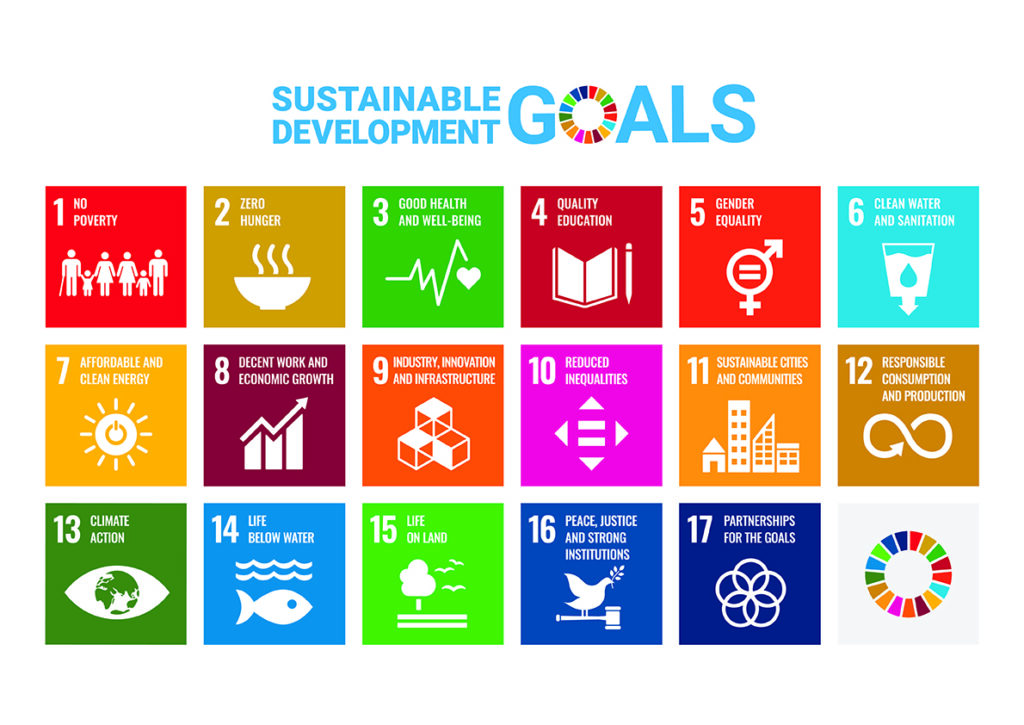
Initiatives for the development of environmentally friendly products

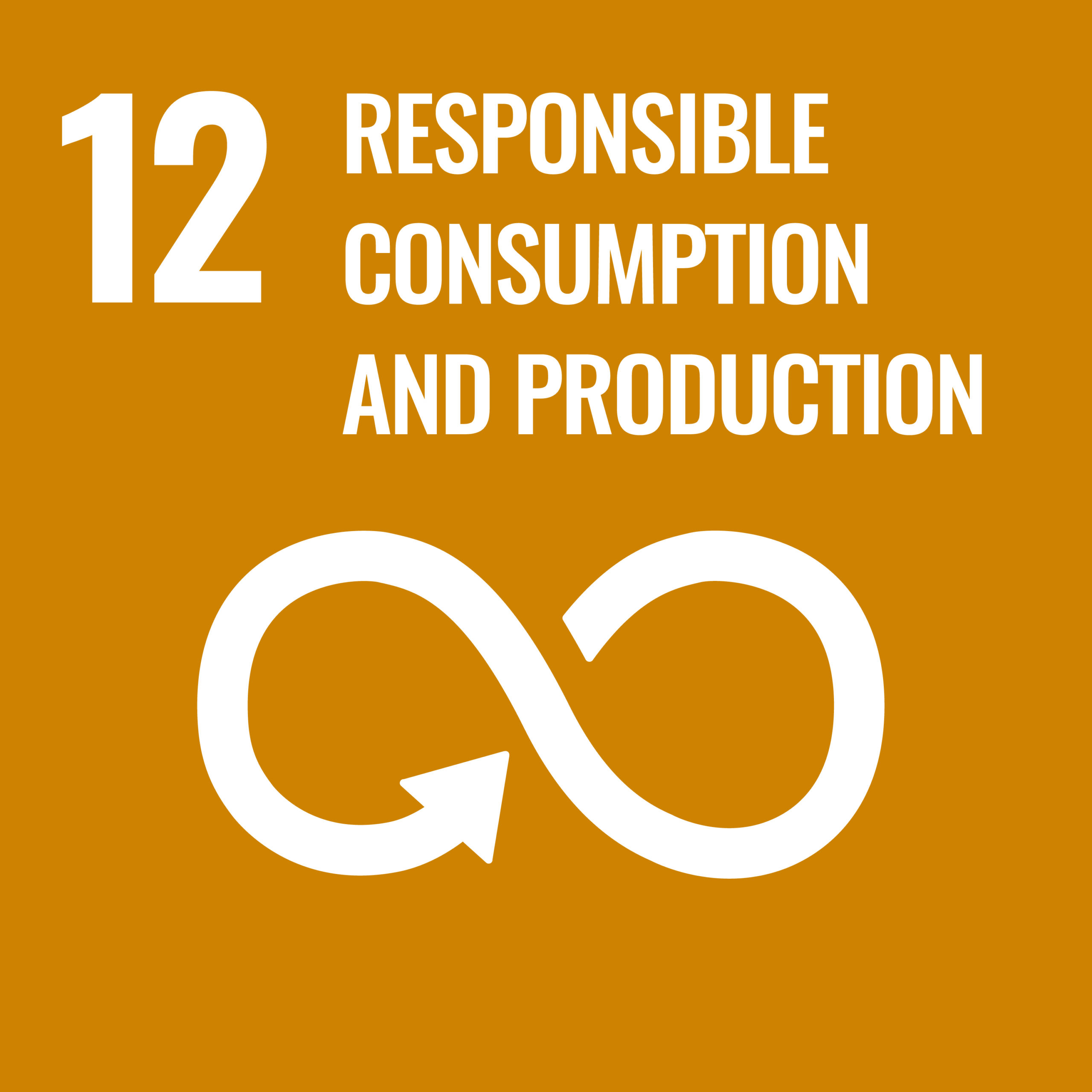
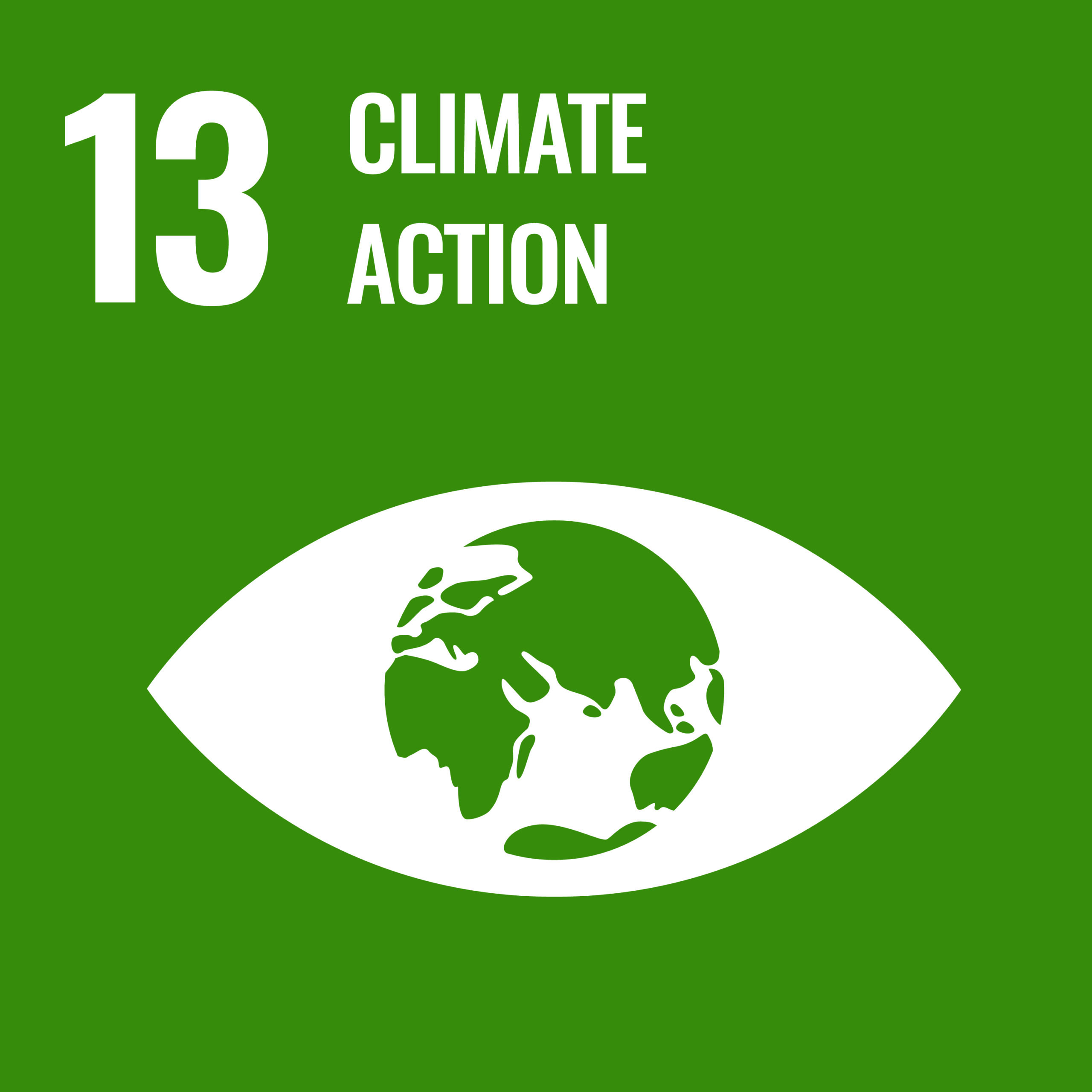
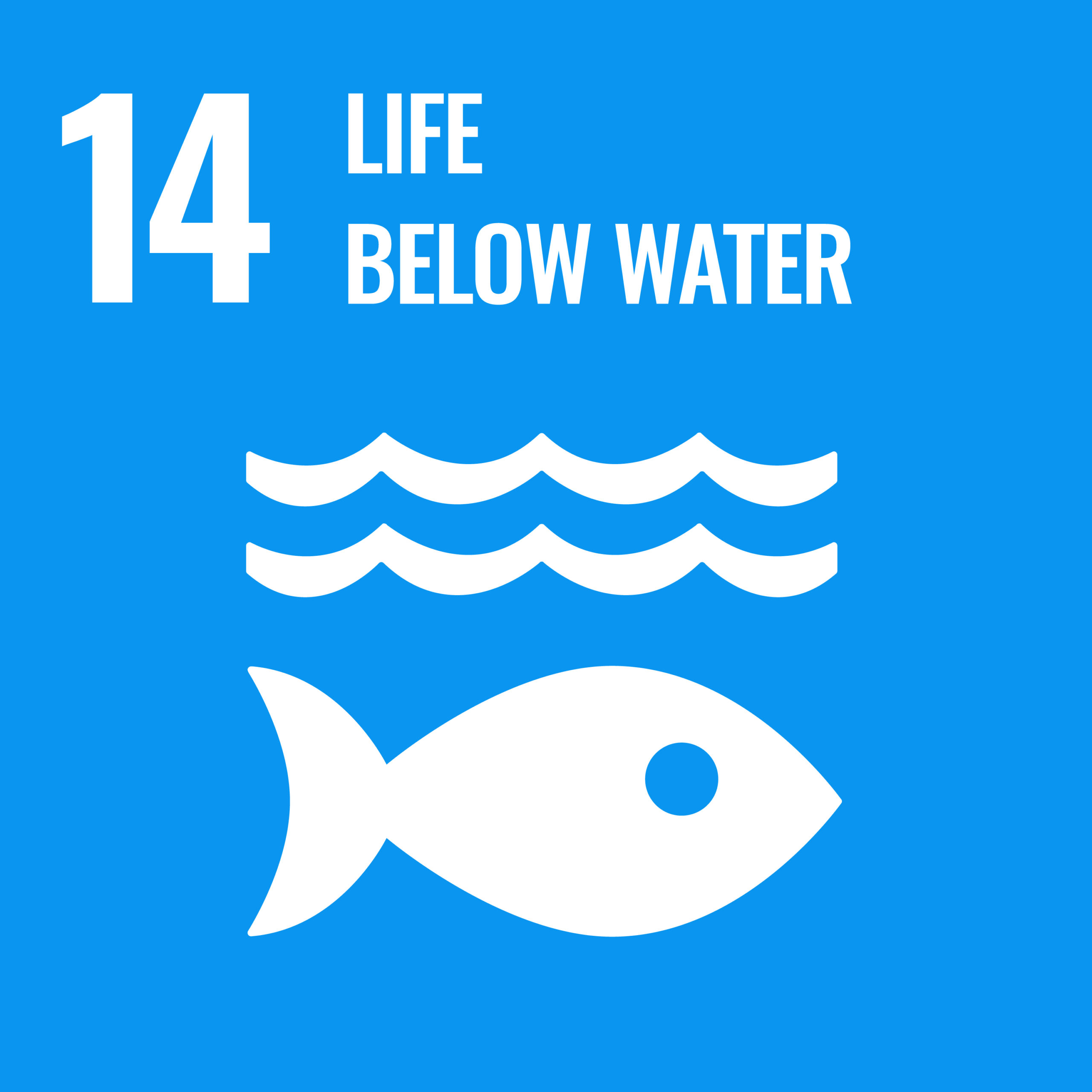
Yamato will contribute to the SDGs by the further development of environmentally friendly products.
Retail Sales Division
Initiatives to develop “ECOMMU PRODUCT”
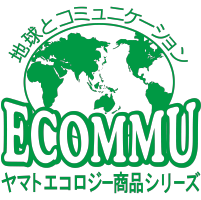
“ECOMMU PRODUCT” are certified by an assessment based on our own criteria which is established with the consideration for the impact on the environment in the product life cycle.
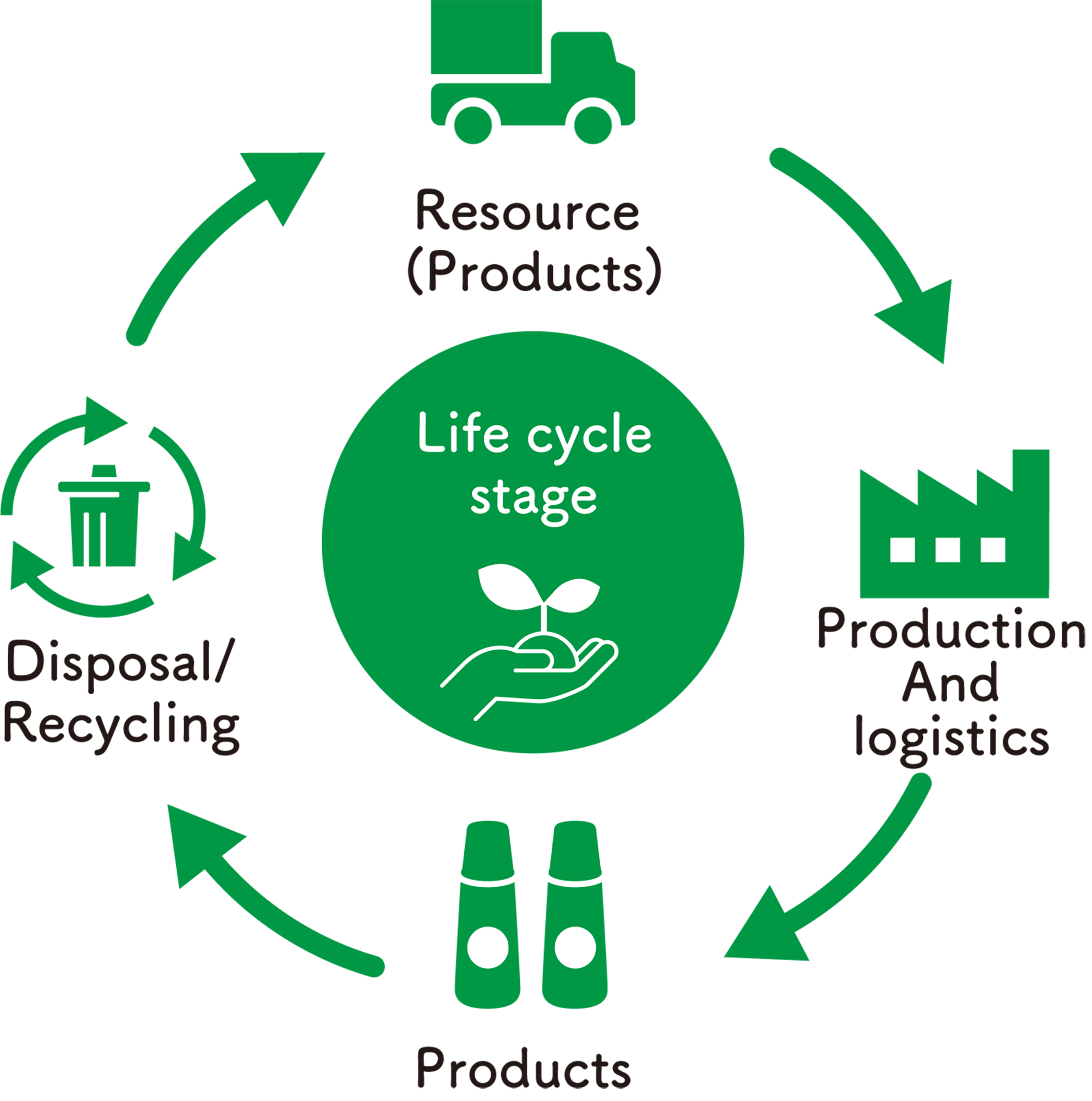
We are committed to SDGs thorough the development of “ECOMMU PRODUCT”.
Correspondence between “ECCOMU PRODUCT” certification criteria and the SDGs.
■Resource (Products)
| Classification of Environmenta considerations | Assessment point | Targets to be addressed | Relevant SDGs |
|---|---|---|---|
| Resource conservation : Use of recycled materials | Use of recycled plastics | Increase use of recycled raw materials | 12、13、14 |
| Use of biomass plastics | Use alternative materials for plastic | 12、13、14 | |
| Use of paper | Reduce plastics use | 12、13、14 |
■Production And logistics
| Classification of Environmenta considerations | Assessment point | Targets to be addressed | Relevant SDGs |
|---|---|---|---|
| Save Resources | Simple and lightweight packaging | Reduce plastic use for containers and packaging | 12、13、14 |
| Reduce the use of hazardous substances | Reduction of hazardous substances in production through improving production processes | Promote management for chemical substances | 3、12 |
■Products
| Classification of Environmenta considerations | Assessment point | Targets to be addressed | Relevant SDGs |
|---|---|---|---|
| Refillable | Replacement and replenishment of consumable parts | Promote environmentally friendly design | 12、13、14 |
| Reduce the use of hazardous substances | Compliance with standard values stipulated by law, voluntary industry standards, etc. | Promote management for chemical substances | 3、12 |
■Disposal/Recycling
| Classification of Environmenta considerations | Assessment point | Targets to be addressed | Targets to be addressed |
|---|---|---|---|
| Separate disposal | Indicate materials on the label | Promote environmentally friendly design | 12、13、14 |
| Easy to disassemble | Dismantling between different materials (e.g. plastic, paper, metal) at disposal | Promote environmentally friendly design | 12、13、14 |
| Disintegration materials | Biodegradable, e.g. constituent materials break down and are assimilated into the environment. | Promote environmentally friendly design | 12、13、14 |
| Reduce the use of hazardous substances | Reduction of materials that produce toxic fumes during incineration. | Promote management for chemical substances | 3、12 |
Industry Sales DIvision
Initiatives to expand sales of environmentally friendly products in the industrial sector.
We are committed to SDGs thorough the expansion of sales of environmentally friendly products in manufacturing and processing of industrial adhesive tapes, industrial materials using adhesive, and tackling adhesive technologies.
■Correspondence between Industrial products and the SDGs.
| Industrial products (e.g.) | Environmental considerations | Targets to be addressed | Targets to be addressed |
|---|---|---|---|
| Water-soluble tapes | No residue left when the paper is recycled | Promote environmentally friendly design | 12、13、14 |
| Solvent-free adhesives | No hazardous substances used in production | Promote management for chemical substances | 3、12 |
| Cardboard masking | Disposal of combustible waste | Reduce plastics use | 12、13、14 |
| Biodegradable buffer material | Biodegradable materials are used | Promote environmentally friendly design | 12、13、14 |
Initiatives to create a better working environment

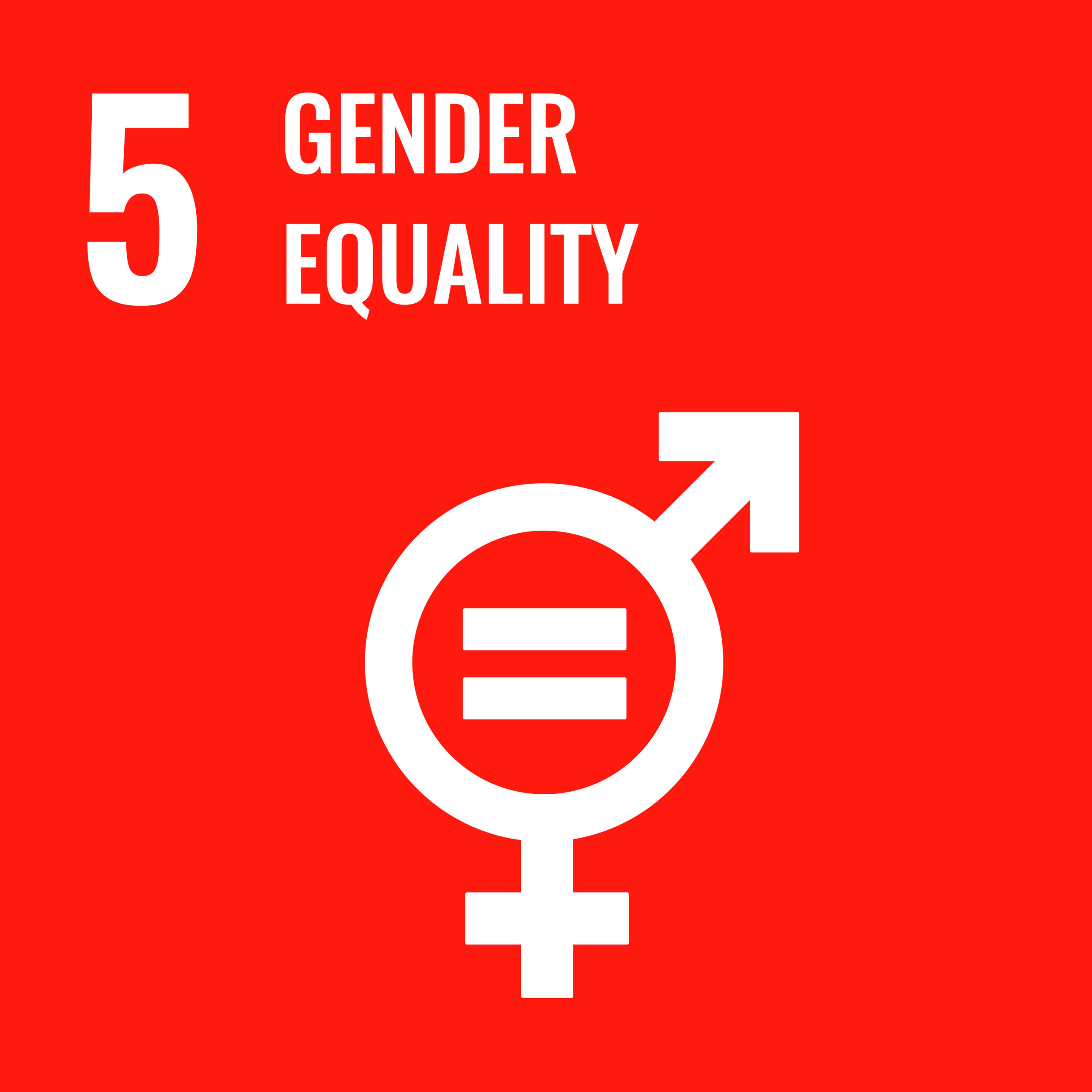
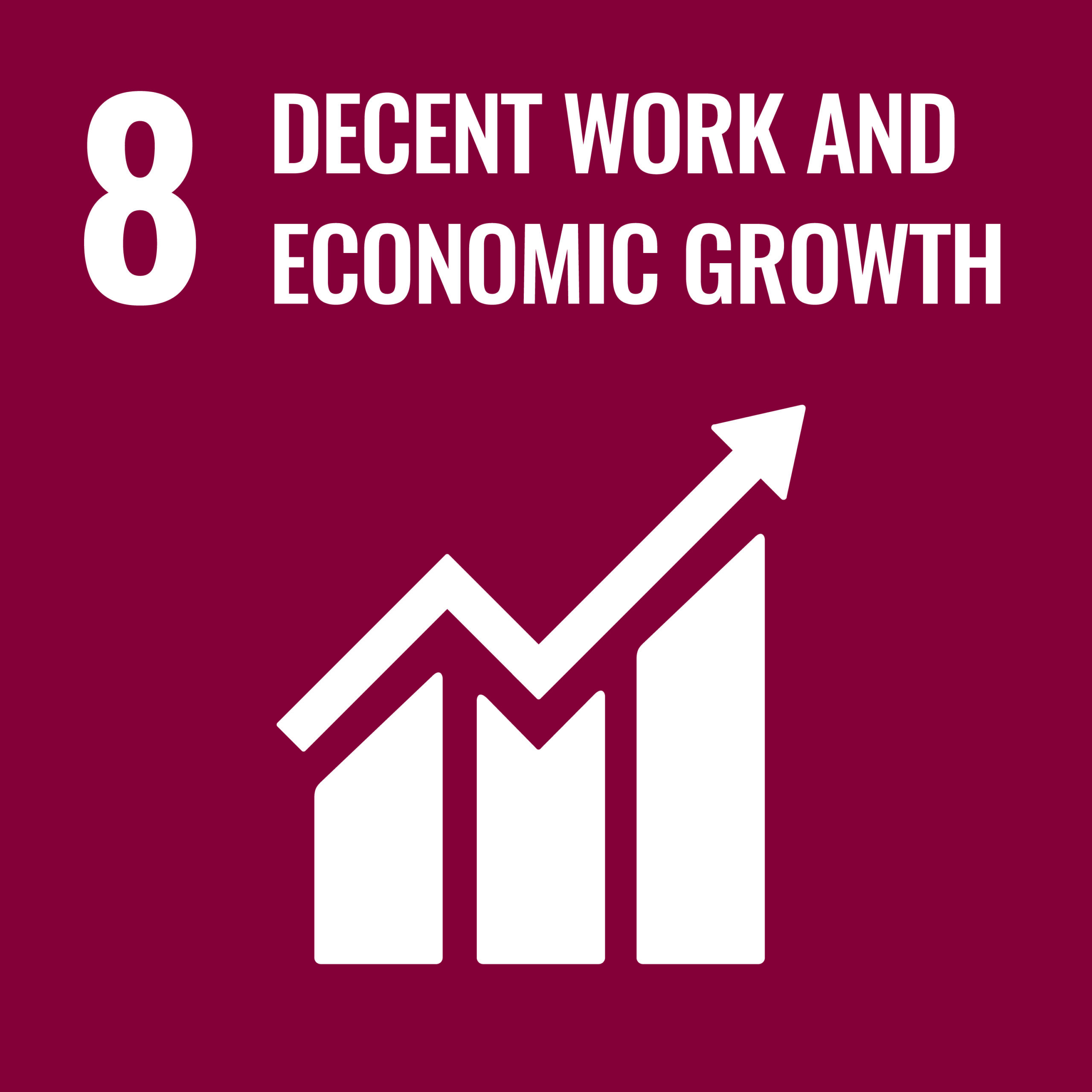
Generous support for child care and family care
Support Maternity/Parental leave and returning to work after taking these leaves (Achieved 100% as of July 2022)Promote parental leave for men.
Women’s empowerment,
Control of long working hours of working from home
Introduction of cloud-based attendance management
Social contribution initiatives

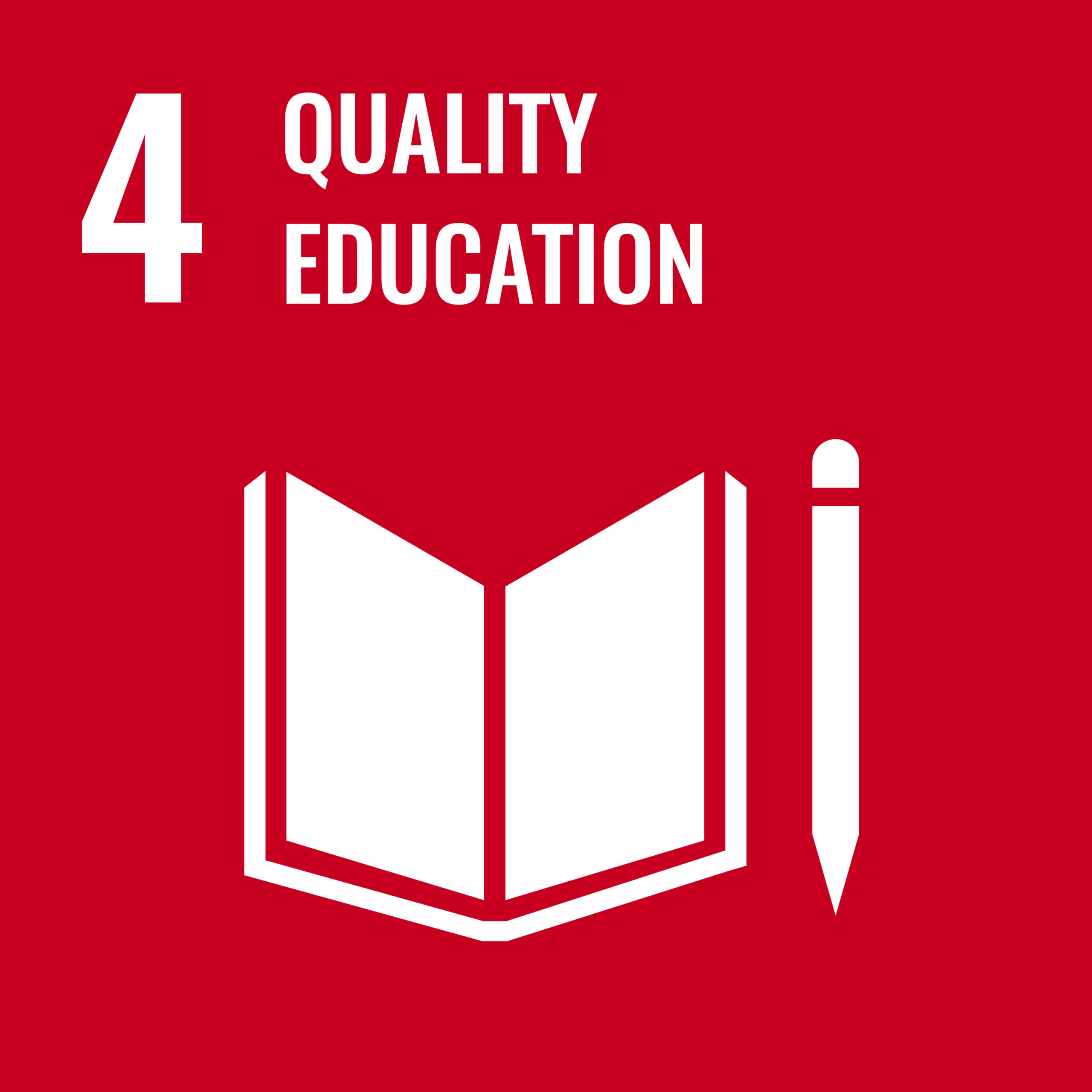

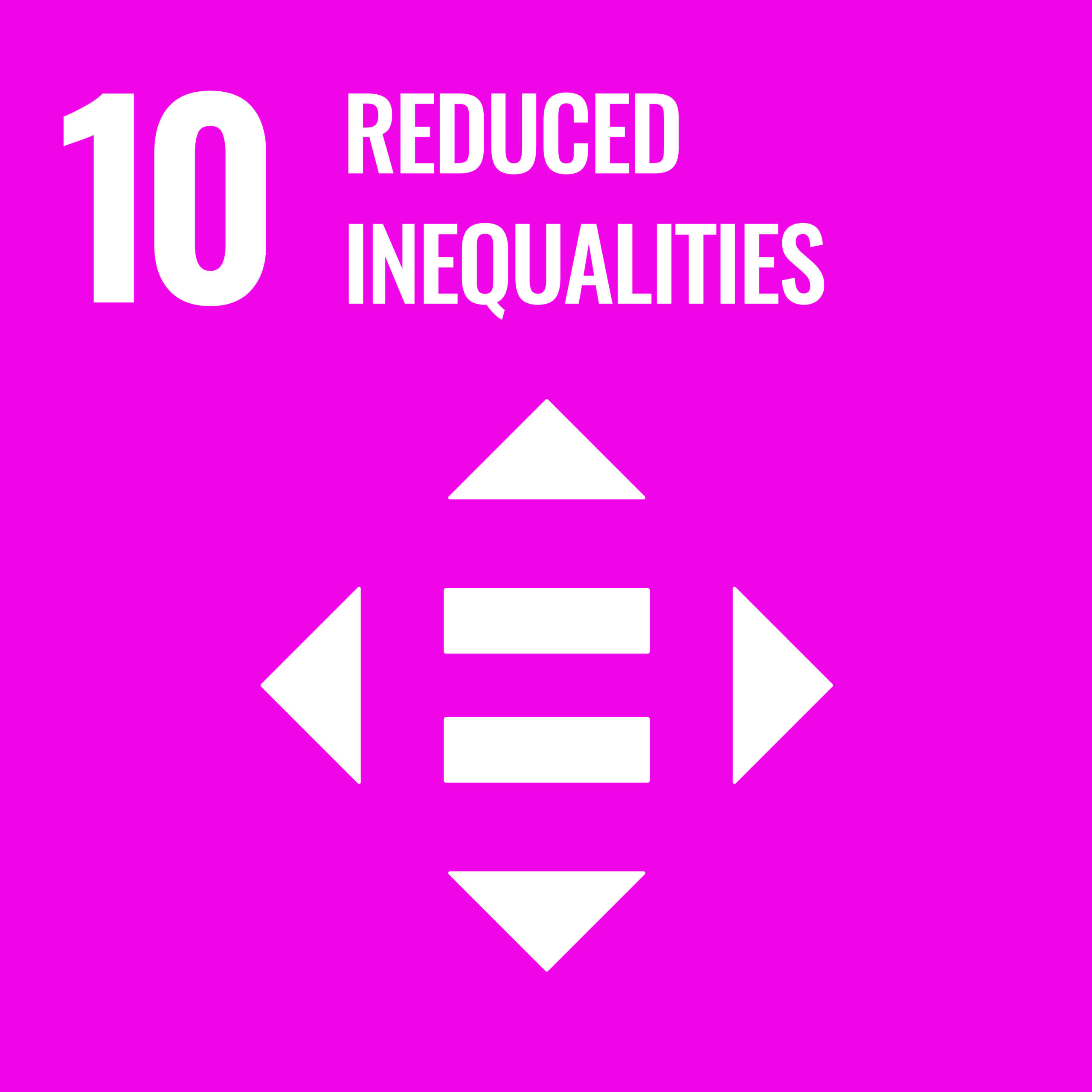
Compliance with the Law on the Promotion of Priority Procurement for Persons with Disabilities.
We work together with the National Council of Social Work Center of Japan National Council of Social Welfare and support persons with disabilities by outsourcing tasks of processing and assembly of masking parts for Automobile industry and stationeries.
Collecting used postage stamps.
As part of volunteer activities, we collect used stamps from employees and send them to the social welfare council. Used postage stamps are handled by volunteer groups and cashed out to a fund for volunteer projects.
Marks of Eco-friendly Products
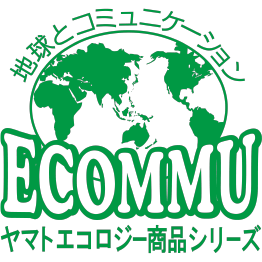
ECOMMU Mark
The ECOMMU MARK is the symbol mark according to Environmental Friendly standard established by Yamato Co., Ltd.

Eco Mark
The Eco Mark program which the Japan Environment Association undertakes, is managed in accordance with the standard and principle (ISO 14020 – An environmental label and declaration, a general principle, ISO 14024 – An environmental label and declaration, a type I environmental-label display, a principle and procedure) of International Organization of Standardization (ISO). This system is to be said that the use of the label is accepted by the organization of the third party based on independent and multi standards.
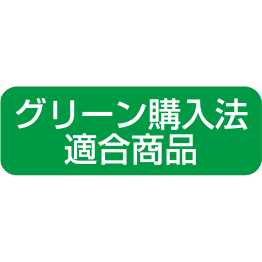
Products complying with the Act on Promoting Green Purchasing
The purpose of this Act is to establish a society that can develop sustainably with reduced environmental loads, by providing for necessary matters and for promoting a shift of demand to eco-friendly products, etc., including the promotion of the procurement of eco-friendly products, etc. by the State, incorporated administrative agencies, etc., local governments, and local incorporated administrative agencies, and the provision of information concerning eco-friendly products, etc., thereby contributing to ensuring healthy and cultured living of both the present and future generations of the citizens. The Act is officially become effective in April 2001.
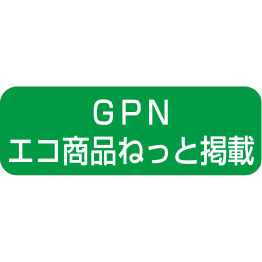
GPN (Green Purchasing Network)
The Green Purchasing Network (GPN) is a non-profit organization whose mission is to promote the ideas and practices of green purchasing in Japan. Since its establishment in 1996, the GPN has taken a leading role through its activities. Yamato Co., Ltd. is one of the members of GPN and consults on the tasks according to GPN. The followings are main activities of the GPN.